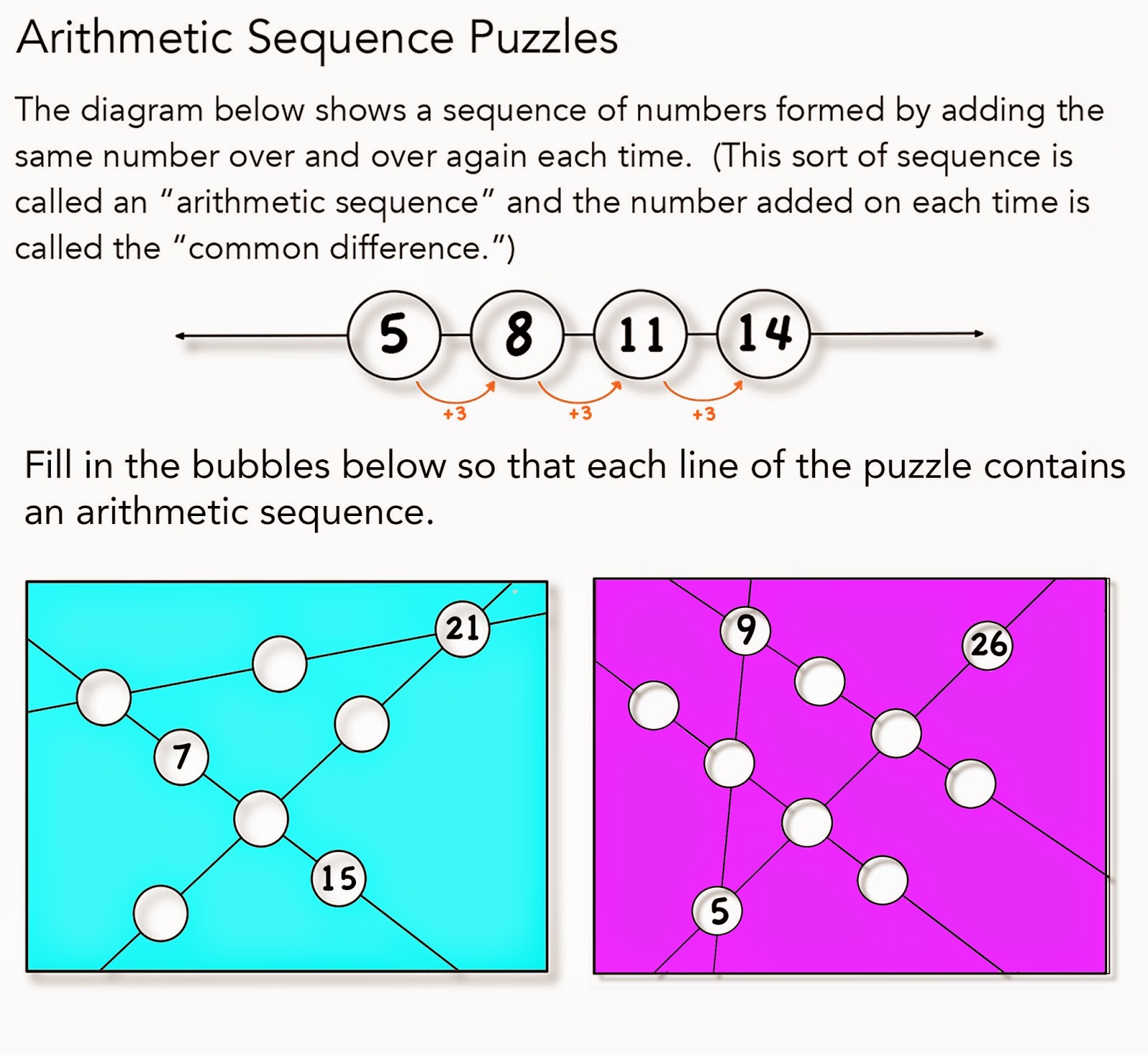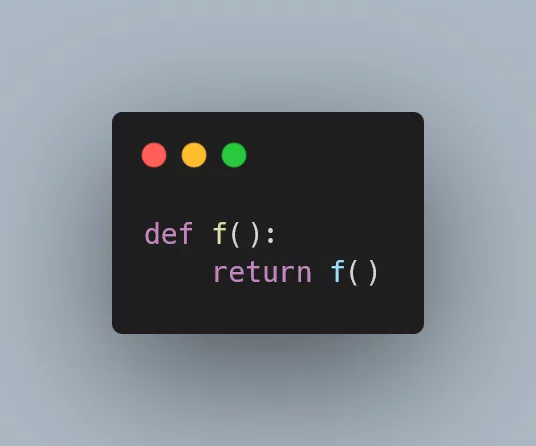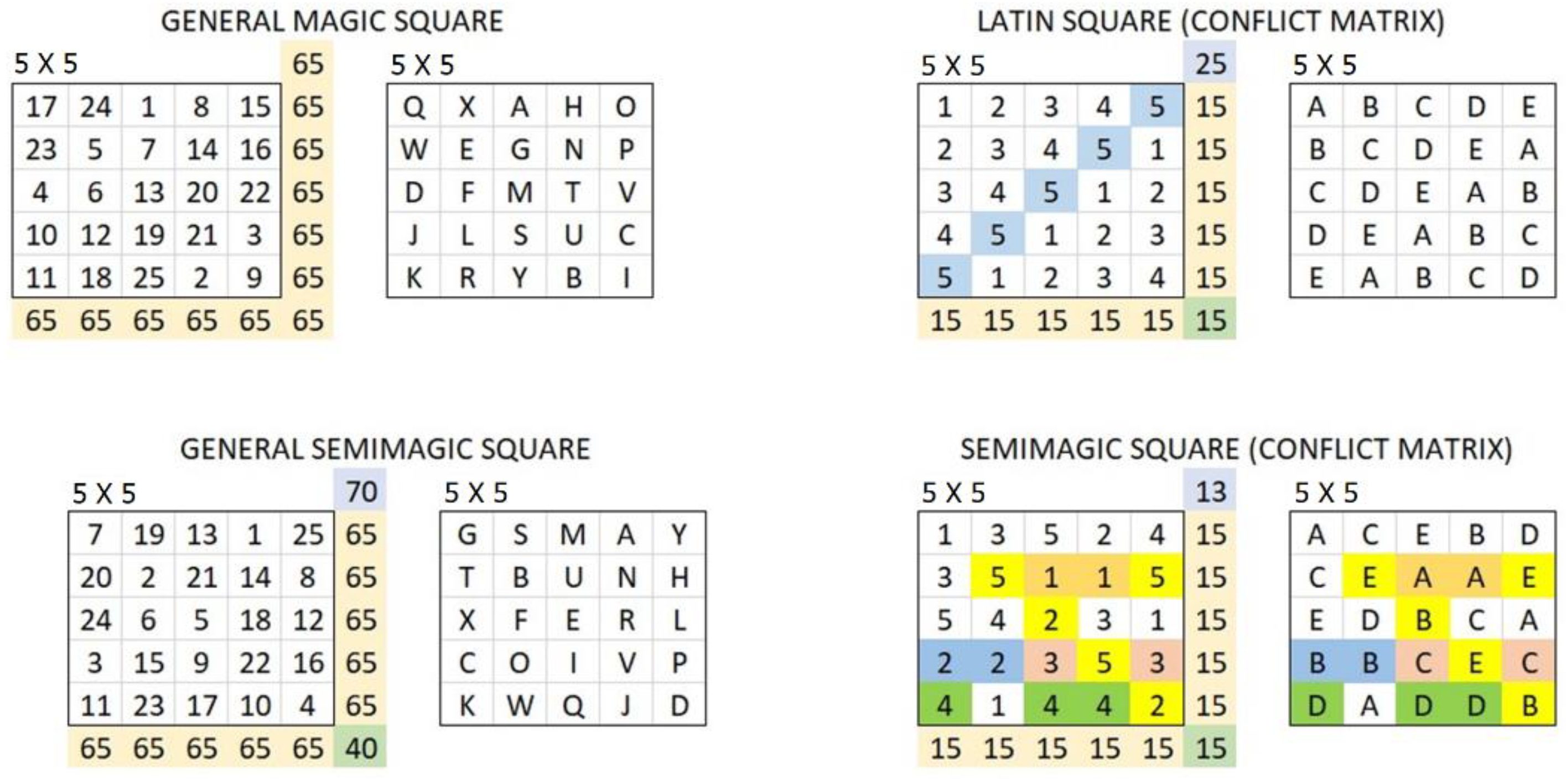An arithmetic sequence is a sequence of numbers in which each term is obtained by adding a fixed number to the previous term. It is represented by the formula a_n = a_1 + (n-1)d, where a_1 is the first term of the sequence, a_n is the nth term of the sequence, and d is the common difference, which is obtained by subtracting the previous term
Numberland.tv
Practice Arithmetic Sequence The arithmetic sequence is the sequence where the common difference remains constant between any two successive terms. Let us recall what is a sequence. A sequence is a collection of numbers that follow a pattern.

Source Image: resourceaholic.com
Download Image
See Answer Question: An arithmetic sequence a starts 2,5,dots a. Write a recursive definition for this sequence using function notation. b. Use your definition to make a table of values for a (n) and find a (6). An arithmetic sequence a starts 2,5,dots a. Write a recursive definition for this sequence using function notation. b.

Source Image: research.nccgroup.com
Download Image
Growing Grade by Grade: One Of The Best Number Sense Games Of All Time: Contig
How? Take the current term and add the common difference to get to the next term, and so on. That is how the terms in the sequence are generated. If the common difference between consecutive terms is positive, we say that the sequence is increasing. On the other hand, when the difference is negative we say that the sequence is decreasing.

Source Image: 1001mathproblems.com
Download Image
An Arithmetic Sequence A Starts 2 5
How? Take the current term and add the common difference to get to the next term, and so on. That is how the terms in the sequence are generated. If the common difference between consecutive terms is positive, we say that the sequence is increasing. On the other hand, when the difference is negative we say that the sequence is decreasing.
Math Algebra Algebra questions and answers An arithmetic sequence a starts 2, 5.Write a recursive definition for this sequence using function notation.Use your definition to find a (6)write the first five terms of each sequence a. (1) = 1. a (n) =3 – a (n -1). n> 2b. (1) = 1, 6 (n) = –2 +6 (n -1), n ≥2 This problem has been solved!
1001 Math Problems: Arithmetic Sequences Puzzle
Explanation: To write a recursive definition for the given arithmetic sequence starting with 2, 5, we first need to determine the common difference between consecutive terms. As we can see, the difference between the second term (5) and the first term (2) is 3.
Solving Sudoku: Part 1 : r/programming

Source Image: reddit.com
Download Image
Watch out for recursion | Pydon’t 🐍 | mathspp
Explanation: To write a recursive definition for the given arithmetic sequence starting with 2, 5, we first need to determine the common difference between consecutive terms. As we can see, the difference between the second term (5) and the first term (2) is 3.

Source Image: mathspp.com
Download Image
Numberland.tv
An arithmetic sequence is a sequence of numbers in which each term is obtained by adding a fixed number to the previous term. It is represented by the formula a_n = a_1 + (n-1)d, where a_1 is the first term of the sequence, a_n is the nth term of the sequence, and d is the common difference, which is obtained by subtracting the previous term

Source Image: facebook.com
Download Image
Growing Grade by Grade: One Of The Best Number Sense Games Of All Time: Contig
See Answer Question: An arithmetic sequence a starts 2,5,dots a. Write a recursive definition for this sequence using function notation. b. Use your definition to make a table of values for a (n) and find a (6). An arithmetic sequence a starts 2,5,dots a. Write a recursive definition for this sequence using function notation. b.
Source Image: growinggradebygrade.com
Download Image
Basic plc programming by angel – Issuu
First term is 7, common difference is 8, find the 7 th term. For the following exercises, find the first term given two terms from an arithmetic sequence. 19. Find the first term or a1 of an arithmetic sequence if a6 = 12 and a14 = 28. 20. Find the first term or a1 of an arithmetic sequence if a7 = 21 and a15 = 42.

Source Image: issuu.com
Download Image
Mathematics | Free Full-Text | The Greatest Common Decision Maker: A Novel Conflict and Consensus Analysis Compared with Other Voting Procedures
How? Take the current term and add the common difference to get to the next term, and so on. That is how the terms in the sequence are generated. If the common difference between consecutive terms is positive, we say that the sequence is increasing. On the other hand, when the difference is negative we say that the sequence is decreasing.

Source Image: mdpi.com
Download Image
Finding the order of a certain term in an arithmetic sequence – YouTube
Math Algebra Algebra questions and answers An arithmetic sequence a starts 2, 5.Write a recursive definition for this sequence using function notation.Use your definition to find a (6)write the first five terms of each sequence a. (1) = 1. a (n) =3 – a (n -1). n> 2b. (1) = 1, 6 (n) = –2 +6 (n -1), n ≥2 This problem has been solved!

Source Image: youtube.com
Download Image
Watch out for recursion | Pydon’t 🐍 | mathspp
Finding the order of a certain term in an arithmetic sequence – YouTube
Practice Arithmetic Sequence The arithmetic sequence is the sequence where the common difference remains constant between any two successive terms. Let us recall what is a sequence. A sequence is a collection of numbers that follow a pattern.
Growing Grade by Grade: One Of The Best Number Sense Games Of All Time: Contig Mathematics | Free Full-Text | The Greatest Common Decision Maker: A Novel Conflict and Consensus Analysis Compared with Other Voting Procedures
First term is 7, common difference is 8, find the 7 th term. For the following exercises, find the first term given two terms from an arithmetic sequence. 19. Find the first term or a1 of an arithmetic sequence if a6 = 12 and a14 = 28. 20. Find the first term or a1 of an arithmetic sequence if a7 = 21 and a15 = 42.